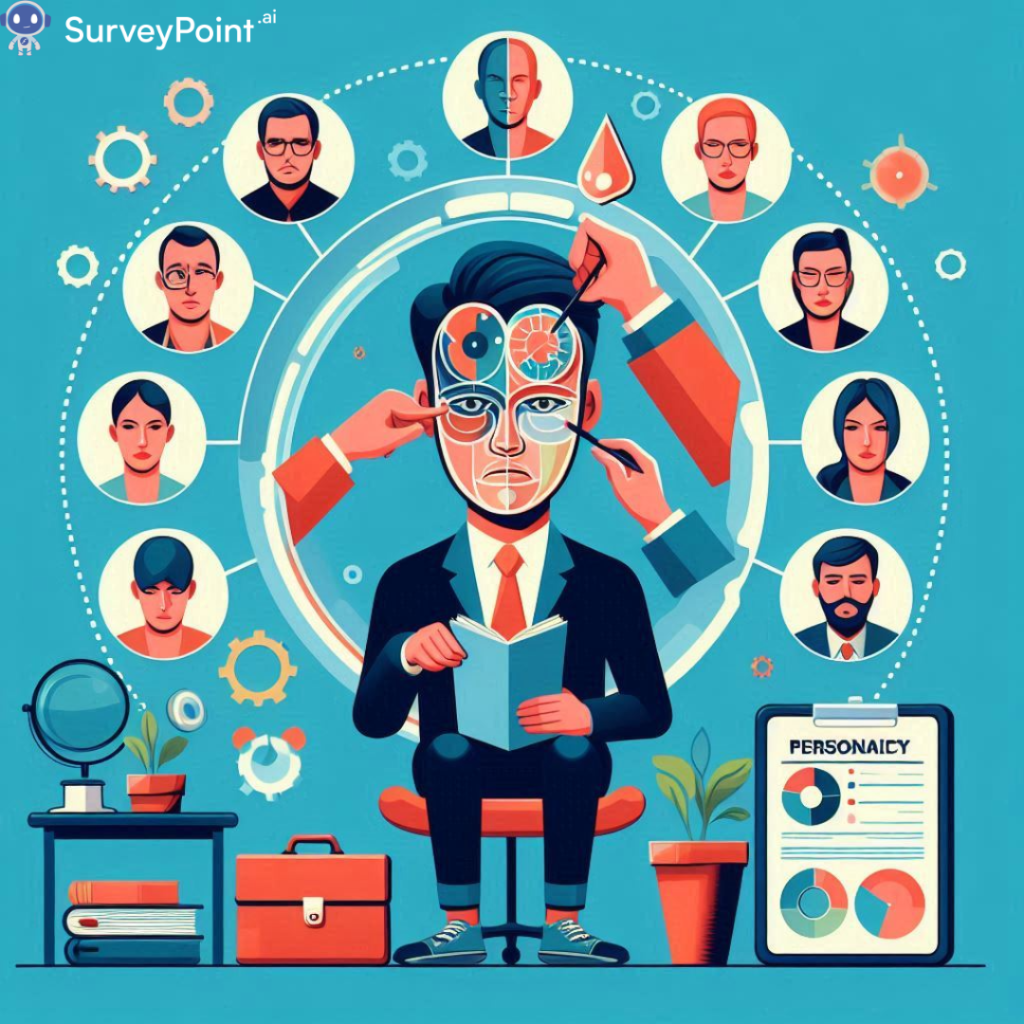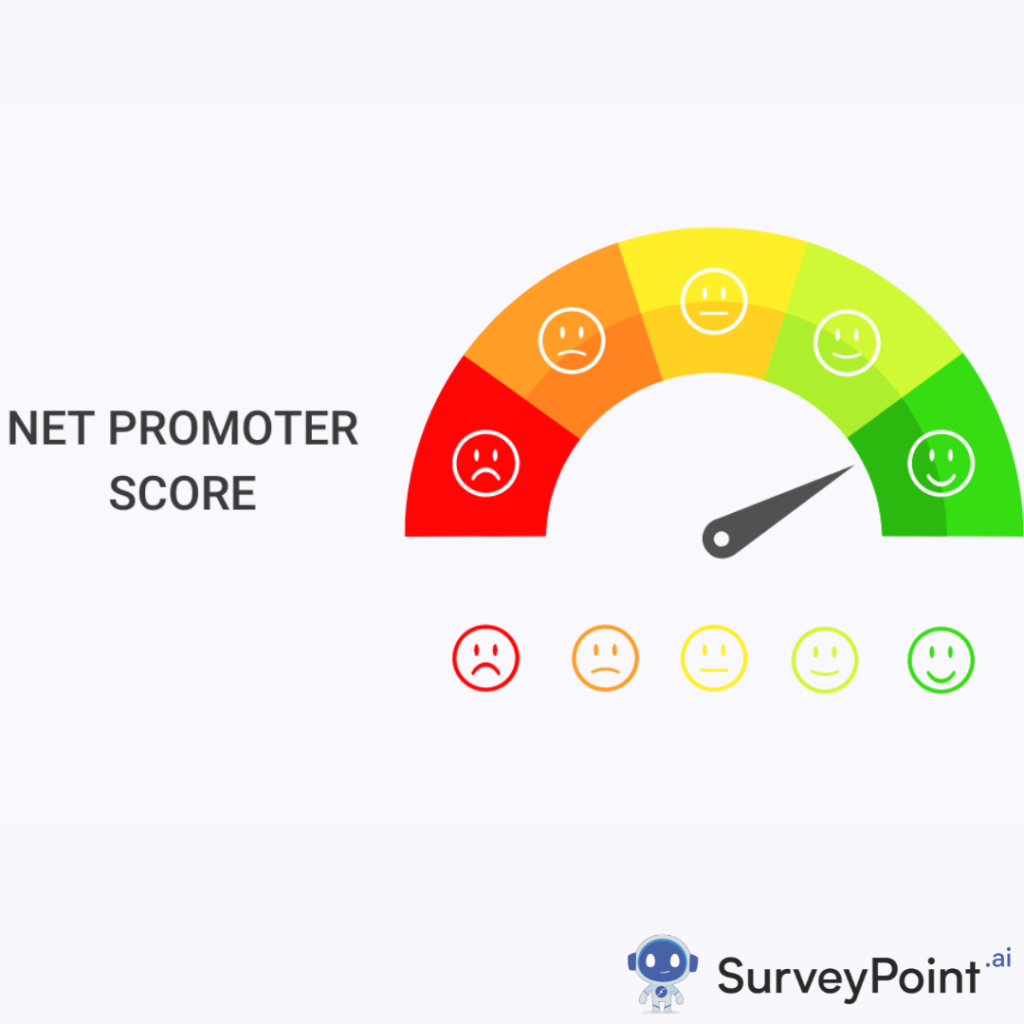
In today’s digital landscape, Artificial Intelligence (AI) is revolutionizing survey platforms, transforming how organizations collect, analyze, and act on data. With the rise of AI-driven solutions, companies can gain deeper insights, streamline survey processes, and enhance decision-making. This blog delves into how AI is shaping modern survey platforms and why it’s an essential tool for businesses in 2024 and beyond.
1. Streamlining Survey Design
Creating a survey that gathers accurate and relevant responses has always been a challenge. Traditional methods often rely on manual input and basic templates, which can lead to bias and incomplete data. However, AI-powered platforms like SurveyPoint.ai are changing this by providing:
- Automated Question Generation: AI algorithms analyze previous data sets, customer interactions, and market trends to suggest optimal survey questions.
- Adaptive Surveys: These surveys adjust questions in real-time based on the respondent’s answers, ensuring more personalized and relevant feedback.
- Natural Language Processing (NLP): With NLP, survey platforms can phrase questions in a conversational and easy-to-understand manner, boosting response rates.
2. Enhancing Data Collection and Accuracy
Collecting high-quality data is crucial for meaningful insights. AI ensures that the data gathered is accurate, reliable, and free from inconsistencies. Some ways AI enhances data collection include:
- Real-Time Data Validation: AI identifies and corrects anomalies during the survey process, such as duplicate or contradictory responses.
- Sentiment Analysis: This AI technique evaluates the emotional tone behind respondents’ open-ended answers, providing deeper insights into customer sentiment.
- Data Imputation: AI can predict and fill in missing responses, reducing the impact of incomplete surveys without compromising data quality.
3. Advanced Data Analysis and Insights
One of the most significant advantages of AI in survey platforms is its ability to analyze vast amounts of data quickly and accurately. Key features include:
- Predictive Analytics: AI models can forecast future trends and behaviours based on historical survey data.
- Clustering and Segmentation: AI helps categorise respondents into different segments based on their responses, making it easier for organisations to target specific demographics or behaviour patterns.
- Visualization Tools: Advanced AI-powered dashboards provide interactive charts and graphs, simplifying complex data for stakeholders.
4. Real-Time Feedback and Actionable Insights
AI-driven survey platforms offer the ability to collect and analyze data in real-time, providing instant feedback to organizations. This allows businesses to:
- Act Quickly on Customer Feedback: Organizations can address concerns or capitalize on opportunities as soon as they arise.
- Optimize Operations: Real-time insights help businesses make informed decisions to improve products, services, or internal processes.
For example, if a retail chain launches a new product, AI-driven surveys can immediately gauge customer reactions and suggest improvements.
5. Improving User Experience
A seamless survey experience encourages higher participation rates. AI optimizes user engagement by:
- Personalization: Tailoring surveys to individual respondents based on their previous interactions or demographic information.
- Intelligent Reminders: AI can determine the best times to send follow-up reminders, ensuring respondents complete the survey without feeling pressured.
- Multi-Channel Integration: AI-enabled platforms work across various devices and channels, such as emails, mobile apps, and social media, enhancing accessibility.
6. Data Security and Compliance
With the growing importance of data privacy, AI-driven survey platforms prioritize security. They incorporate:
- Automated Compliance Checks: Ensuring surveys comply with regulations such as GDPR, HIPAA, or CCPA.
- Data Encryption: AI ensures all collected data is encrypted, protecting it from potential breaches.
- Anomaly Detection: AI monitors data access and usage patterns to detect and prevent unauthorized activities.
7. Use Cases Across Industries
AI in survey platforms isn’t limited to a single industry. Its applications are vast and varied, including:
- Retail: Understanding customer preferences and optimizing product offerings.
- Healthcare: Gathering patient feedback to improve care and services.
- Education: Evaluating student satisfaction and improving teaching methodologies.
- Human Resources: Collecting employee feedback to enhance workplace culture and retention.
For instance, HR departments use AI-driven surveys to assess employee engagement and predict turnover, enabling proactive measures.
8. Future Trends in AI-Driven Survey Platforms
As AI technology evolves, survey platforms will continue to benefit from cutting-edge innovations. Some future trends include:
- Voice and Chatbot Integration: AI-powered chatbots and voice assistants will facilitate more interactive surveys, providing a conversational experience.
- Emotion Recognition: Using AI to analyze facial expressions or voice tones during surveys for deeper emotional insights.
- Hyper-Personalization: Advanced algorithms will create highly customized surveys tailored to each respondent’s preferences and behaviors.
Conclusion
AI has undeniably transformed modern survey platforms, making them more intelligent, efficient, and user-friendly. From automating survey design to providing real-time insights, AI empowers organizations to make data-driven decisions with confidence. Platforms like SurveyPoint.ai are leading this revolution, helping businesses unlock the full potential of their data.
Whether you’re a small business owner or part of a large enterprise, embracing AI-powered survey tools can give you a competitive edge in today’s fast-paced market. The future of surveys is here, and it’s powered by AI. For more information checkout- surveypoint.ai




